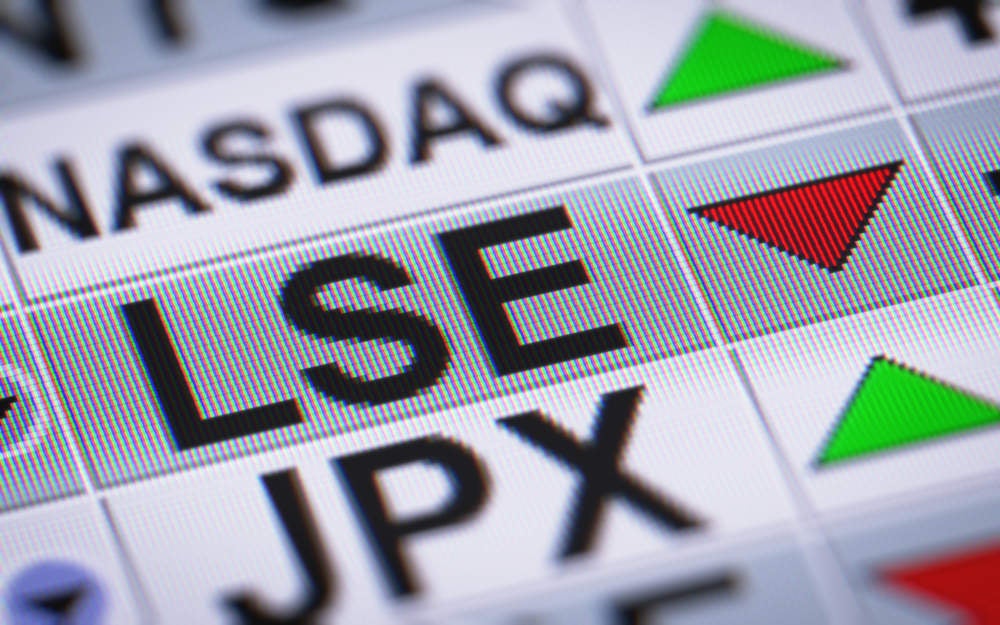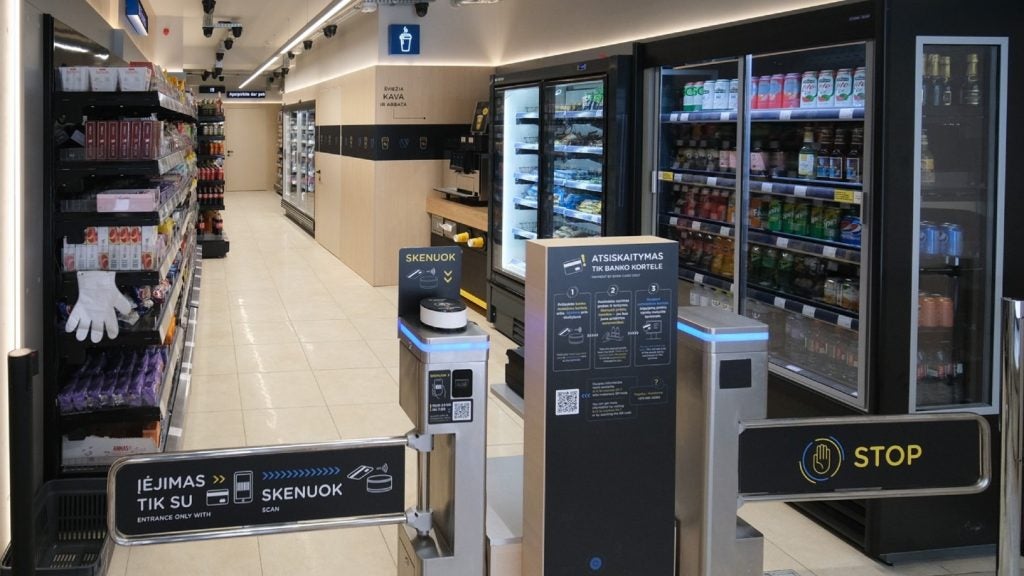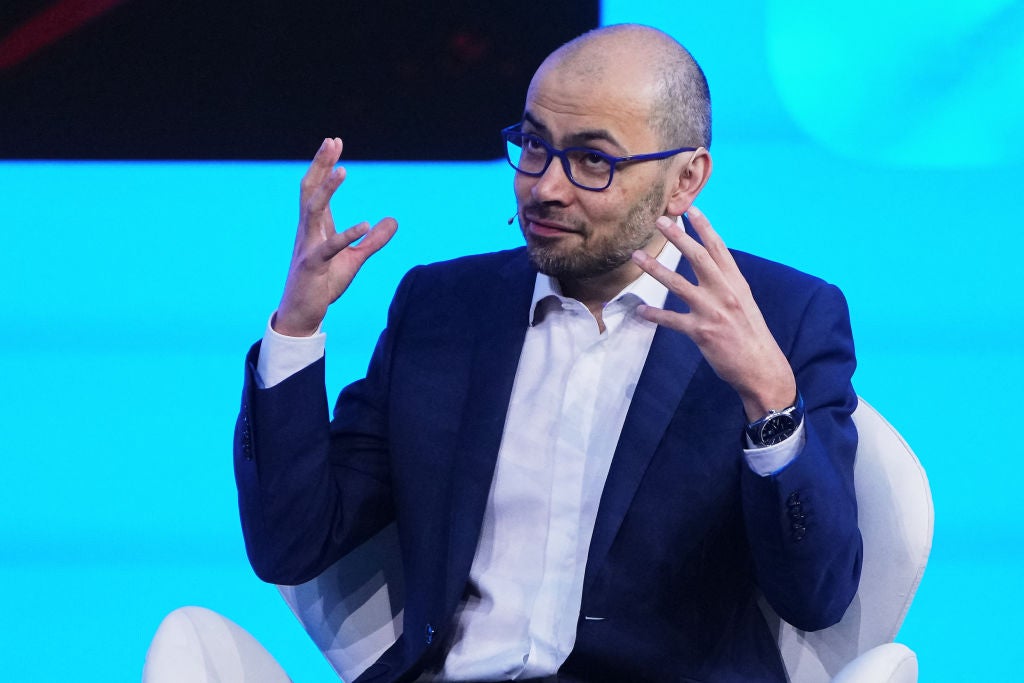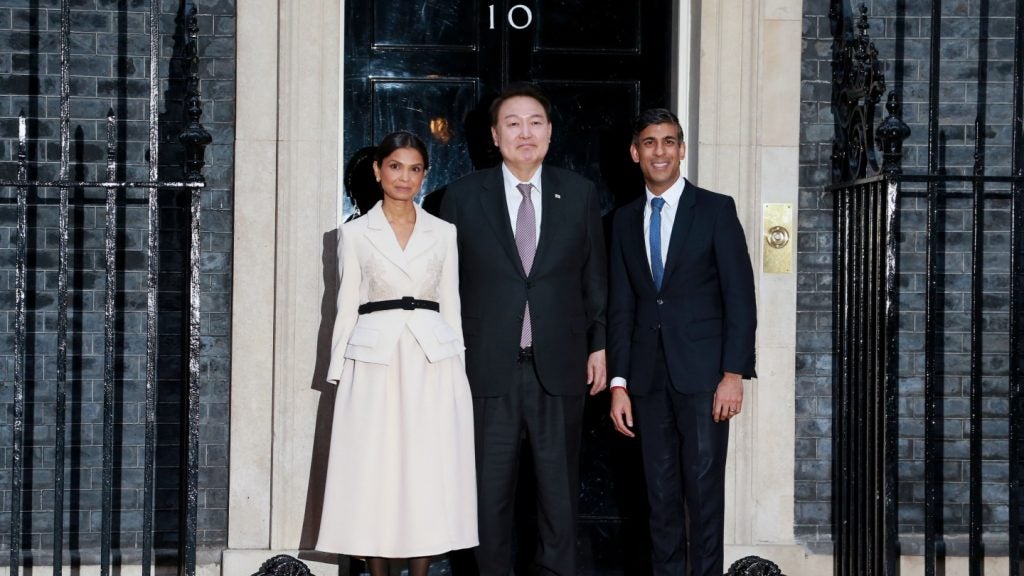
Xavier Rolet will step down as chief executive of the London Stock Exchange (LSE) by the end of next year.
LSE shares have climbed more than fivefold since 2009 when Rolet took charge.
Verdict takes a look at what Rolet has achieved during his nine years in the top job.
1. The expansion of LSE’s operations
Rolet was able to shift the LSE’s focus away from just equities trading to clearing swaps and providing data to investors.
The stock exchange also branched out into the index business.
“I am extremely proud of all we have done together in just under a decade to turn LSEG into a truly global financial market infrastructure group,” Rolet said in a statement on Thursday.
How well do you really know your competitors?
Access the most comprehensive Company Profiles on the market, powered by GlobalData. Save hours of research. Gain competitive edge.

Thank you!
Your download email will arrive shortly
Not ready to buy yet? Download a free sample
We are confident about the unique quality of our Company Profiles. However, we want you to make the most beneficial decision for your business, so we offer a free sample that you can download by submitting the below form
By GlobalData2. Lots of acquisitions
Rolet has overseen 12 acquisitions in nine years.
In the first 12 months in the position, Rolet acquired a controlling stake in Turquoise, an off-exchange stock-trading venue.
In 2014, Rolet helped push through the biggest deal in the LSE’s 213-year history to buy the Frank Russell Company, an index compiler and asset manager, for $2.7bn.
“The acquisition of Russell is another significant milestone for the London Stock Exchange Group,” Rolet said at the time. “With this acquisition we are strongly positioned for the changing dynamics in the global indices market.”
The acquisition made the LSE the second-largest provider of exchange traded funds in the US, by assets under management, and the third largest globally.
In May, the LSE bought Citigroup’s global bond analytics business for $685m, increasing the stock exchange’s indexing franchise to around $15tn from $12.5tn.
The LSE said it expected the acquisition to deliver an additional $30m in revenues in the first three years after completion with cost savings of around $18m.
However, Rolet failed to secure a merger with Deutsche Börse, the German stock exchange, because the deal was blocked by European antitrust authorities in March.
Had Deutsche Boerse and LSE merged, the value of the combined group would have been £24bn.
3. Strong leadership skills
Despite continued threats to move euro clearing business away from London after Brexit affecting LSE’s LCH unit, the world’s biggest clearinghouse, Rolet has remained steadfast in his refusal to bow to pressure.
“The evidence strongly suggests that maintaining the status quo will be not just the best option but the only option,” he told Bloomberg in August referring to the LCH’s euro clearing business.
Under Rolet’s leadership, the LSE’s market capitalisation increased from £800m to nearly £14bn.
“I am delighted that Xavier will remain as chief executive and continue to lead the company until his successor is appointed,” said Donald Brydon, chairman of the LSE.
The LSE is in the process of finding Rolet’s replacement.







